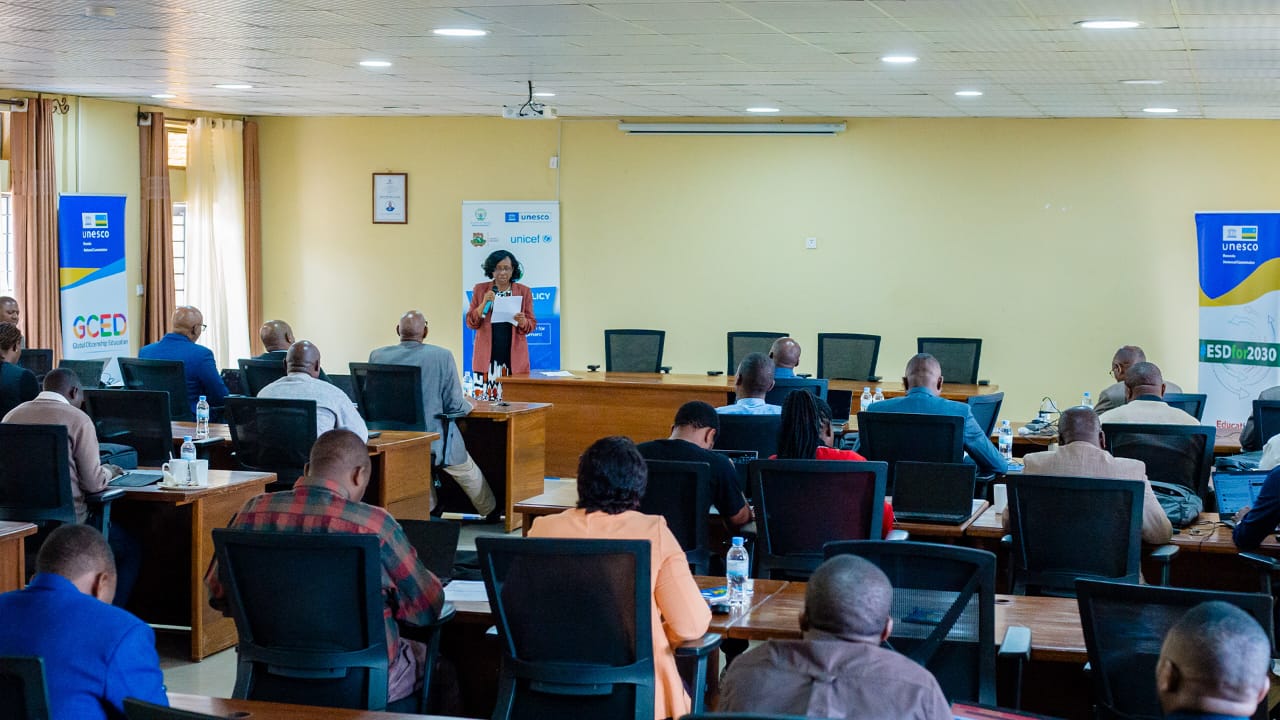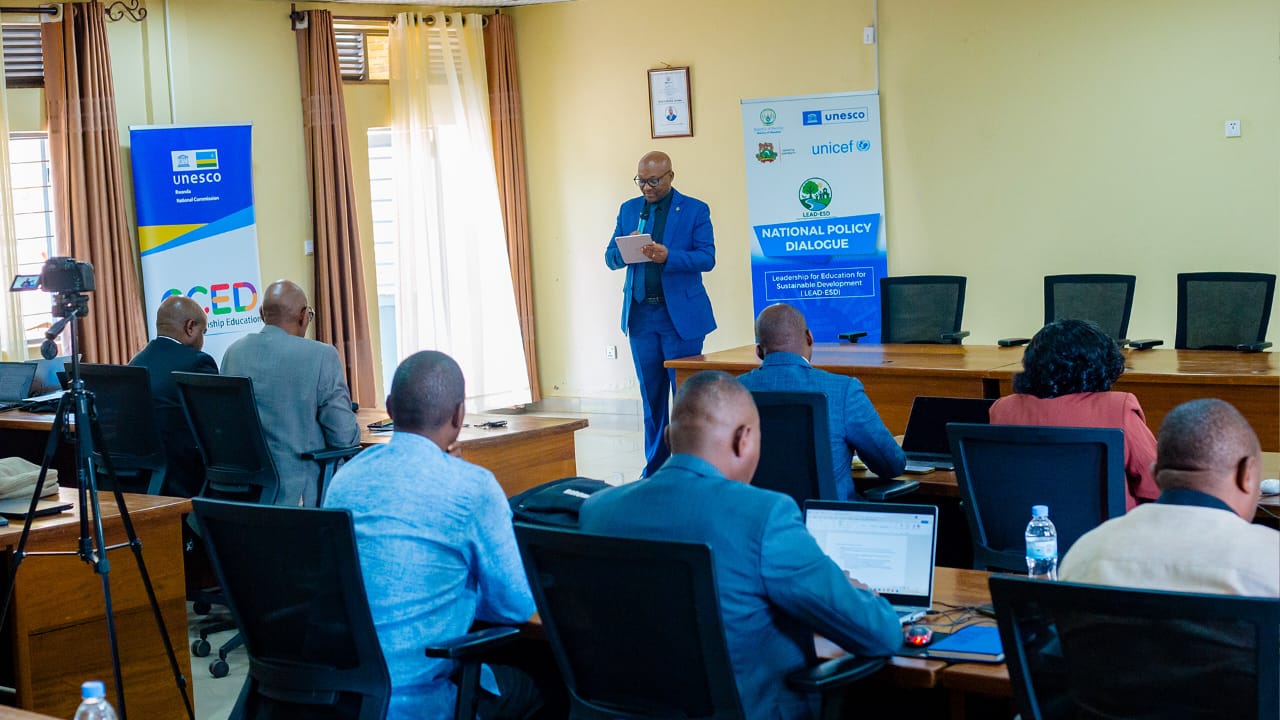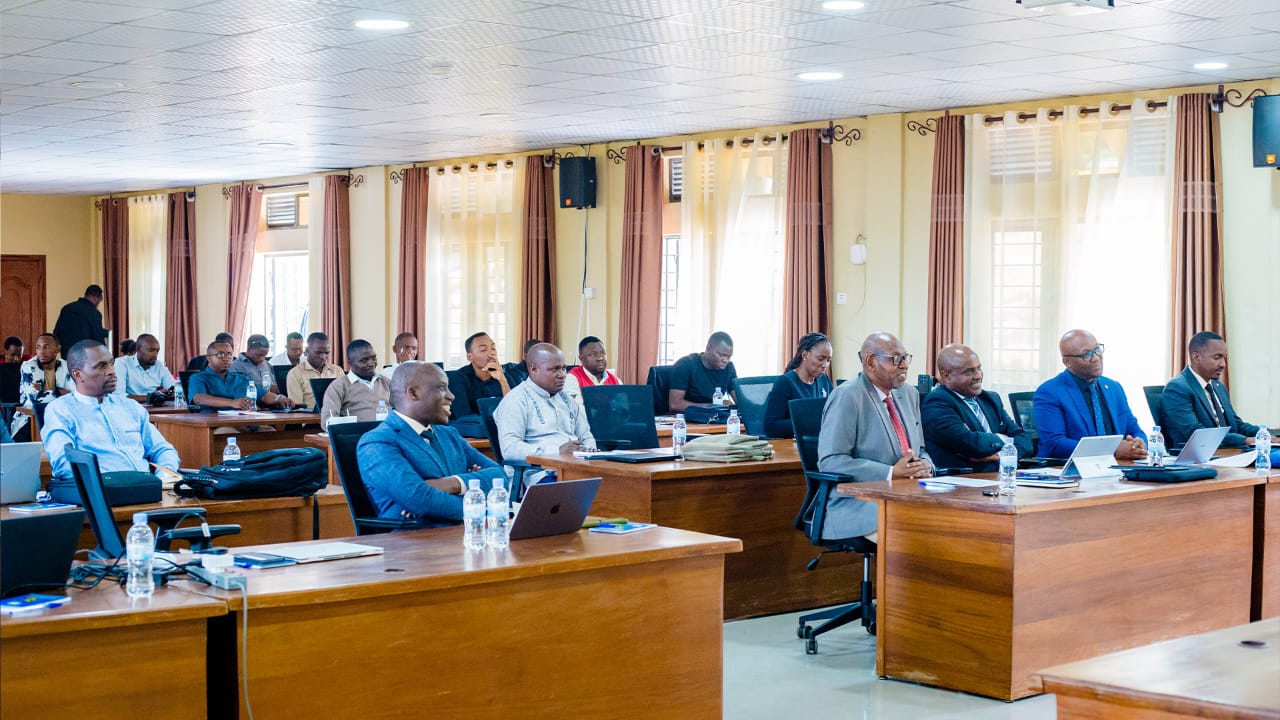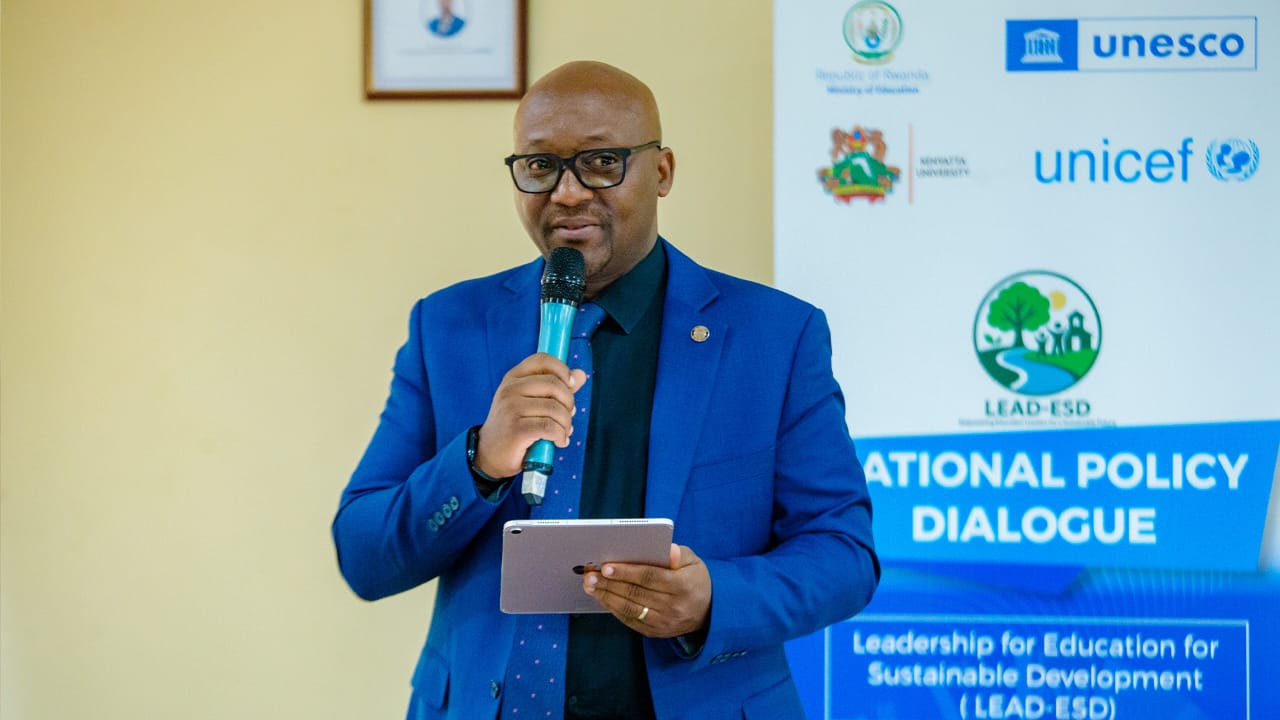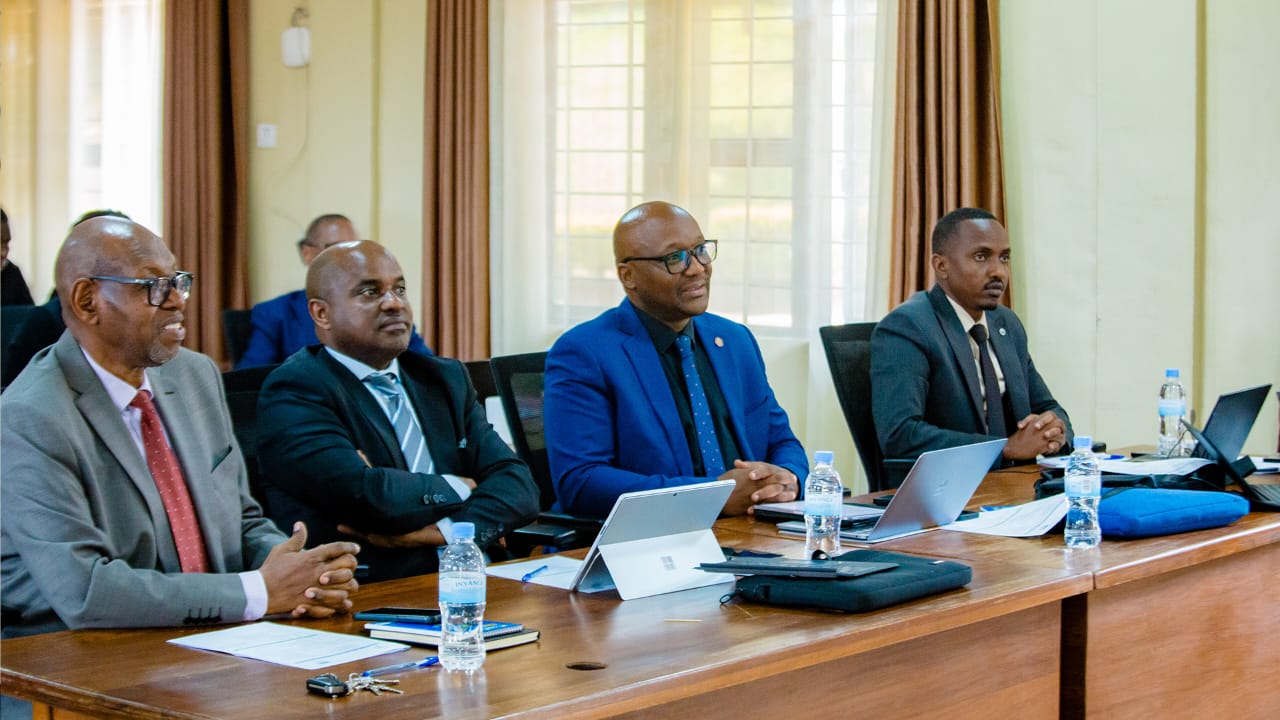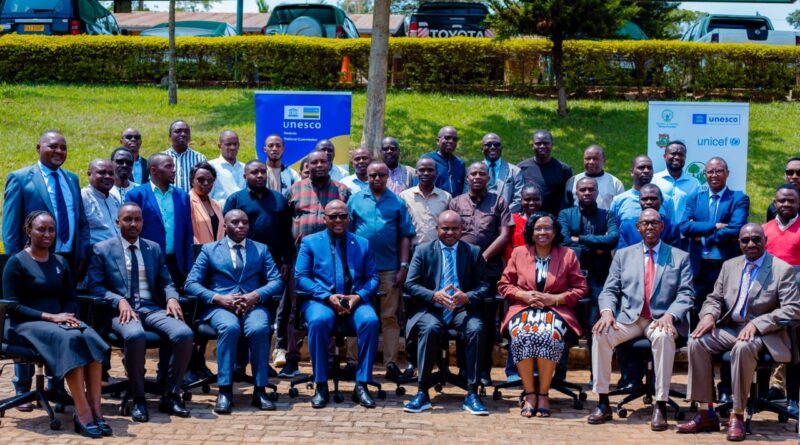Rwanda Equips Education System with Green Skills for Environmental Protection
Author:Uzabakiriho Gabriel
Kigali, Rwanda – October 2, 2025, Rwanda is reshaping its education system to equip learners with the skills needed to tackle climate change and protect the environment. Through the Leadership for Education for Sustainable Development (LEAD-ESD) programme, the country is embedding green skills into teaching and training, ensuring that schools become centers of innovation for sustainability.
The LEAD-ESD programme, coordinated by UNESCO and UNICEF and implemented by Kenyatta University, focuses on transforming teacher education and TVET institutions across Eastern Africa. In Rwanda, the initiative has placed special emphasis on training educators with sustainability-focused modules that they can apply directly in classrooms.
According to Dominique Mvunabandi, an Education for Sustainable Development expert, “We created this network to train over a hundred teachers through structured modules. Teachers and students will prepare projects, and the best ones will be awarded, proving the knowledge is being used effectively.”
Pascal Gatabazi, Chief Technical Advisor at the Ministry of Education, praised Rwanda’s swift adoption of sustainability measures compared to other countries in the region. “Our strength lies in acting fast. Rwanda integrates initiatives directly into education systems so learners and communities feel the benefits right away,” he said.
He noted that Rwanda’s focus on blending technology, conservation, and vocational training has allowed the education system to prepare students for meaningful participation in a green economy.
Dr. Patience Awopegba, Program Specialist at UNESCO’s Regional Office for Eastern Africa and Coordinator of LEAD-ESD in the region, emphasized the value of equipping young people with green skills. “Our goal is to transform education into a driver of sustainability.
Through Change Projects, institutions develop innovative ways to connect classrooms with real environmental solutions,” she explained.
Dr. Awopegba added that when education delivers practical results, learners are empowered to address climate challenges while shaping their own futures.
The impact is already visible at the school level. Claudine Musabimana, a teacher at TTC Nyamata, explained how the programme is changing both classrooms and communities.
“Education for Sustainable Development gave us opportunities to create tree planting and tree nursing projects. These trees are not only planted in schools but also in the surrounding community. This protects our environment and ensures sustainable development for future generations,” she said.
The City of Kigali workshop brought together stakeholders from across Eastern Africa to validate reports on ESD progress, set thematic priorities, and strengthen regional cooperation. For Rwanda, the integration of green skills into its education system marks a strategic step in ensuring that future generations are not only informed about sustainability but actively contributing to environmental protection.


